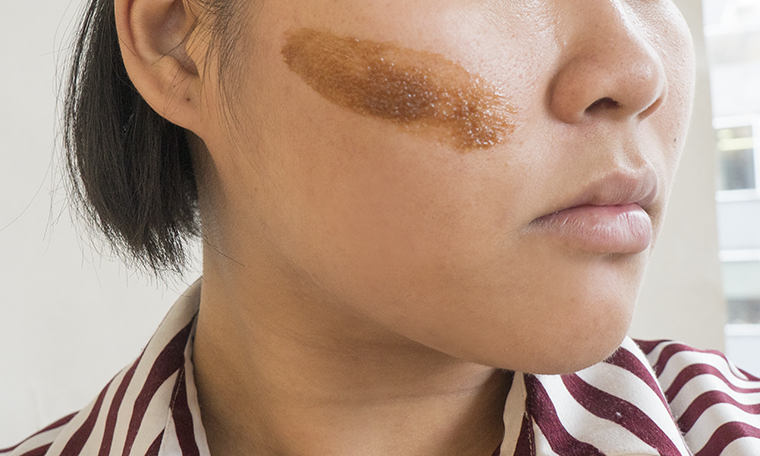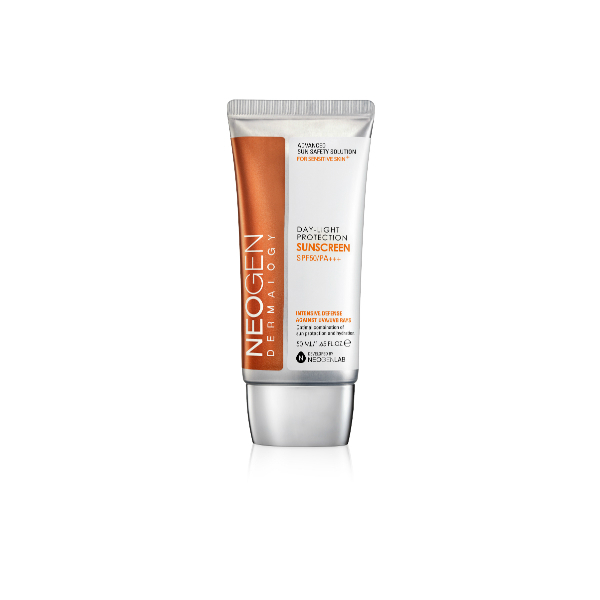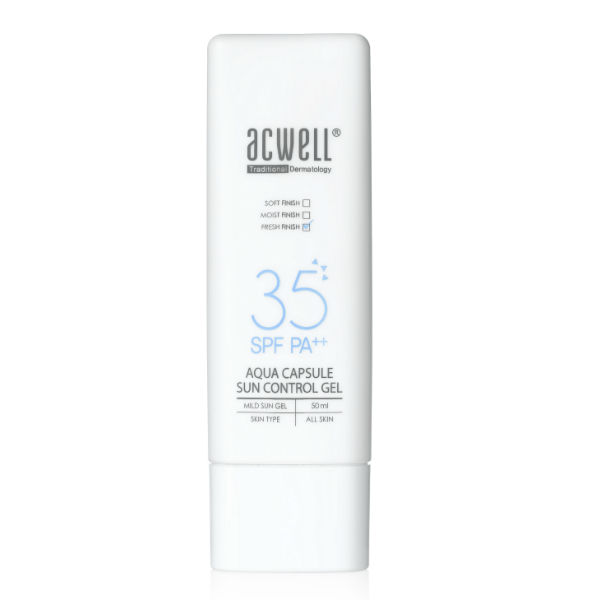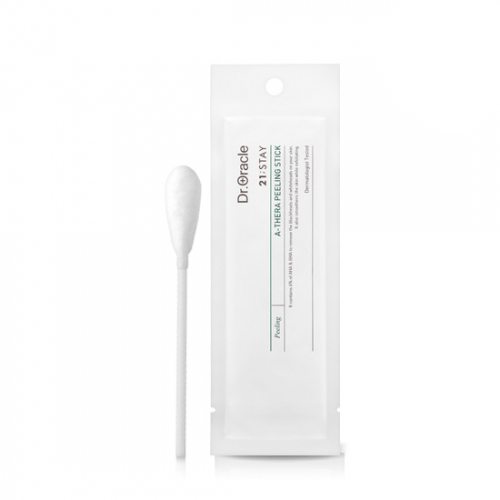Want to know what causes hyperpigmentation? Keep reading to discover five mistakes you could be making that will cause hyperpigmentation or make existing redness worse.
There are many uncontrollable factors that can cause hyperpigmentation, from UV exposure to hormones. But there are also common mistakes that can increase your chances of developing hyperpigmentation.
We’ve compiled five of the most common skin care mistakes that cause you those dreaded acne scars and dark spots. Find out what they are and make a vow to yourself to stop doing these things immediately!
You pick at your pimples
We know we’re stating the obvious, but popping your pimples increases hyperpigmentation. This is one of those skin care rules that continues to reign supreme. Popping those whiteheads and squeezing away blackheads is a guilty pleasure that causes way more harm than good, no matter how satisfying it may be!
When you have a pimple, your body sees this as an injury and rushes to the scene to treat it, and instead of allowing your body to heal itself, many pick away at their spots instead. When you do pop your pimple, it increases inflammation. The inflammation then triggers melanin production. As a result, it can leave you with acne scars long after the inflammation has subsided.
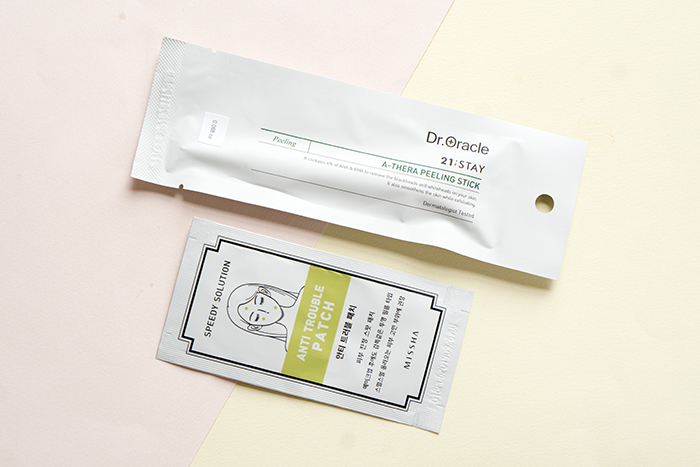
Instead of popping your pimples, spot treat them! The Missha Speedy Solution Anti Trouble Patch, along with the Dr. Oracle A-Thera Tea Tree Peeling Sticks, are both excellent spot treatments. The Missha patches contain healing salicylic acid and tea tree oil. These ingredients work together to reduce inflammation and speed up the recovery process. You simply pop one of these on your pimples at night and peel away in the morning! These easy-to-use patches will not only treat your spots but protect them, as well.
The Dr. Oracle A-Thera Tea Tree Peeling Sticks are another handy spot treatment. They contain a blend of AHAs and BHAs, which are powerful acne fighting acids. These ingredients slough away dead skin cells and kill acne-causing bacteria. They are powerful but gentle enough for even the most sensitive skin types.
You skip sunscreen or you don’t reapply it
I know you’ve heard this time and time again, but skin care protection is vital for avoiding hyperpigmentation. Extended sun exposure actually increases inflammation. As a result, this aids in the formation of acne scars. It’s not enough to apply sunscreen and go about your day; you should re-apply throughout the day as well.
The general rule is to reapply every two hours, or sooner if you’ve been sweating. “Year-round, rain or shine, make sure you apply SPF30 or more together with your moisturizers and general skin care routine,” says dermatologist Neil Sadick. This will help to reduce your chances of hyperpigmentation and protect you from premature aging.
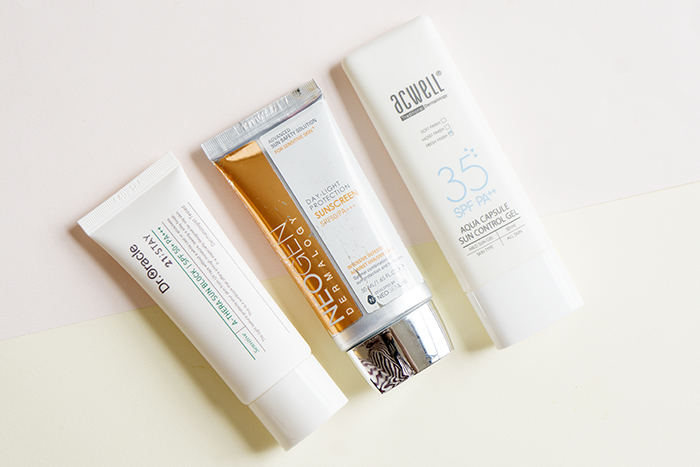
Some of my favorite sunscreens for acne prone skin are the Acwell Aqua Capsule Sun Control Gel SPF 35, the Dr. Oracle A-Thera Sunblock SPF 50, and the Neogen Day-Light Sun Protection Sun Screen SPF 50.
The Acwell one is perfect for oilier skin types. The formula is super lightweight and won’t leave a greasy finish behind. The A-Thera one is the way to go for soothing any active acne spots. It contains centella asiatica, a medicinal herb known to calm inflammation. Plus, it also contains bamboo water to gently nourish and balance the skin. The Neogen sunscreen is great for more sensitive and reactive skin types. It has a light but nourishing formula thanks to the rose and raspberry extracts. It’ll give dry skin an extra boost of hydration!
As you can see, there’s a sunscreen for every skin type so, there’s no excuse to avoid sun protection!
You exfoliate way too often
Chemical exfoliators can work wonders for keeping acne at bay. But, overusing them can actually make your acne worse. Over-exfoliating can trigger inflammation and weaken the skin’s moisture barrier function. Your skin barrier is the first line of defense against bacteria and any other pollutants. When your moisture barrier becomes damaged, it cannot adequately protect you. As a result, this can lead to increased acne and hyperpigmentation.
It’s true that exfoliating can leave you with smooth, glowing skin, but it’s actually better to resist the urge to exfoliate more. Instead, stick with the suggested two to three times a week exfoliation recommendation. This will help to keep acne at bay without irritating your skin.
You over-cleanse your skin
Using harsh cleansing products can increase skin irritation. This is because they strip the skin of its natural oils and leave it starved for moisture. When there is a lack of moisture, your body increases oil production to help lubricate the skin. The combination of harsh foaming agents and rising oil production equals acne formation.
Just like over-exfoliating, over-cleansing can also damage your skin’s moisture barrier. Common signs are an itchy feeling, sensitivity, and acne-prone skin. Inflammation is a precursor to hyperpigmentation, so it’s best to avoid anything that increases it. To avoid this, stick with gentle, low pH cleansers that don’t dry out your skin.
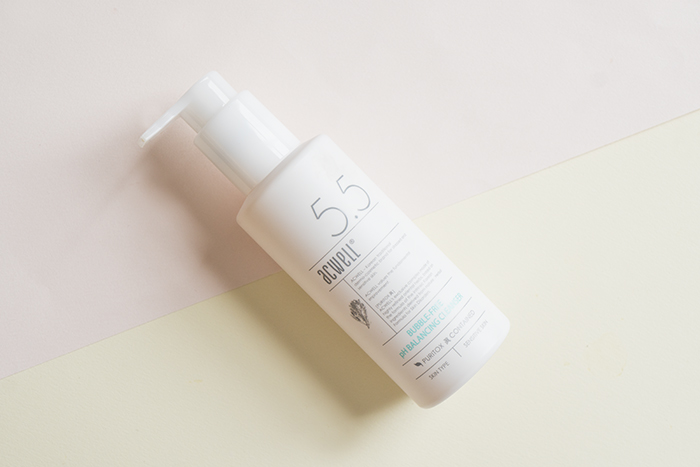
The Acwell Bubble Free pH Balancing Cleanser does exactly that. It has a gentle, foam-free formula that cleanses without stripping the skin. It’s formulated with soothing ingredients, like centella, aloe, and witch hazel. Plus, the addition of salicylic acid makes it perfect for acne-prone skin. These ingredients work together to decrease inflammation and hydrate the skin.
You don’t patch test new products
The Korean ten step routine is amazing at combating issues of acne, dryness, and aging. But, adding in a ton of products all at once is not the answer. Slowly trying out new ones will help to avoid the influx of inflammation, irritation and acne. Sadick explains that “not performing a skin test when using new products can also lead to hyperpigmentation, as if you are allergic to some ingredients you can activate an inflammatory reaction that leads to melanin overproduction.”
Instead, patch test products before adding them to your routine. There are several ways you can do this. One way is by keeping your routine the same and only adding one new product at a time. Another popular method is testing products on one side of your face. These steps will help determine if any new acne sprouting up could be a result of the new addition or not. It may sound like a lot of work but it’s worth it. It can help avoid unnecessary acne and possible hyperpigmentation.
Bottom Line
Hyperpigmentation happens, but by avoiding these common skin care mistakes, you can help reduce your chances!


